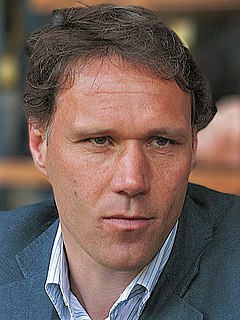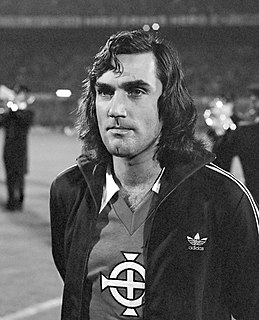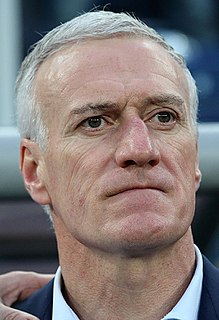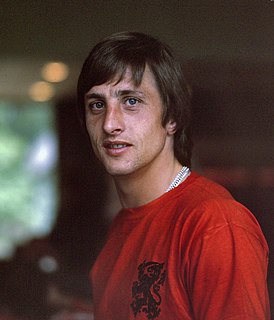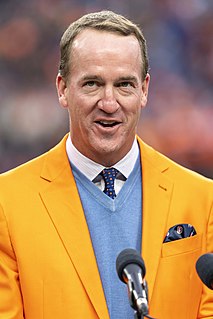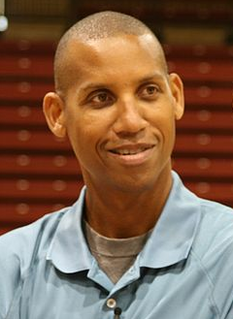A Quote by Wilt Chamberlain
It just wasn't right the way they were behind by 25 points and then they're told to hold the ball.
Related Quotes
Know what the difference between hitting .250 and .300 is? It's 25 hits - 25 hits in 500 at-bats is 50 points. There's six months in a season, that's about 25 weeks. That means if you get just one extra flare a week - just one - you get a ground ball with eyes, you get a dying quail, just one more dying quail a week ... and you're in Yankee Stadium.
The big thing is, everybody says it's being in the right place at the right time. But it's more than that, it's being in the right place all the time. Because if I make 20 runs to the near post and each time I lose my defender, and 19 times the ball goes over my head or behind me - then one time I'm three yards out, the ball comes to the right place and I tap it in - then people say, right place, right time. And I was there *all* the time.
A lot of the time I am told to clear the ball, kick it out, 'degager le ballon' they shout, but I can't do that and if I have to do that then it feels like a defeat for me. I don't know how to do it. I never get rid of the ball that way and when I am watching TV and I see players who do get rid of the ball then I don't accept it.
There are several differences between a football game and a revolution. For one thing, a football game usually lasts longer and the participants wear uniforms. Also, there are usually more casualties in a football game. The object of the game is to move a ball past the other team's goal line. This counts as six points. No points are given for lacerations, contusions, or abrasions, but then no points are deducted, either. Kicking is very important in football. In fact, some of the more enthusiastic players even kick the ball, occasionally.
To speak only well of Jacques Ranciere is not an easy task, given the positions that the two of us occupy. Perhaps my constant praise might, in fact, be the worst fate that I could have in store for him. Would doing so be precisely the most underhanded way to attack him? If, for example, I were to announce that we are in agreement on a number of important points, how would he take that? Would he rather just as soon change his mind on all those points and leave me behind?


